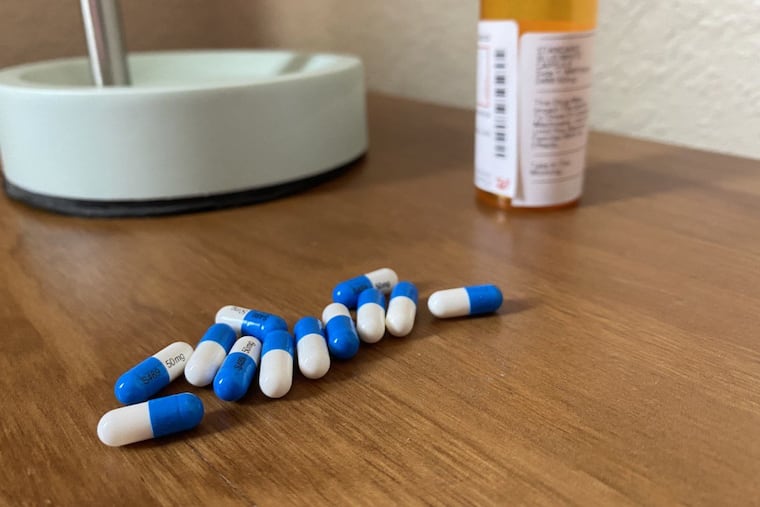Do you sometimes struggle to take your medication correctly? You are not alone. | Expert Opinion
Studies show that the average chronic medication adherence rate is around 50%.

At his office appointment, my patient and I reviewed recent blood work and decided he needed some additional medication for diabetes control. The operative word here is “additional,” and I did not succeed at making that clear.
When he returned for his follow-up visit, blood tests curiously showed no improvement, and I soon discovered why — he began taking the new medication but discontinued the previous one, not realizing that he should take both medicines together. We may have averted this problem if we had gone through a “teach-back,” an exercise where the patient repeats back their medication instructions as if “teaching” the doctor, assuring clarity and understanding.
This scenario is one of many that challenge medication adherence — taking prescribed medications regularly and correctly. If you have struggled to stick with a medication regimen, you are not alone. Studies show that the average chronic medication adherence rate is around 50%.
Non-adherence accounts for a significant number of treatment failures, preventable hospitalizations, and even deaths, making improved adherence a high-priority health-care quality and safety goal.
As my patient learned, you must make sure you understand the instructions. If your clinician doesn’t suggest a “teach-back,” ask if you can repeat back the instructions to test yourself. Many practices have patient portals through which you can access your chart to review the directions if still unsure once you get home.
What are the other challenges? Cost and insurance formulary restrictions may prevent filling a prescription at all. If you find your medication is too expensive, talk to your doctor. In most cases, there is more than one treatment option. Many care teams now include a clinical pharmacist who can help you navigate your formulary and explore all options for insurance coverage.
Other patients may learn of potential side effects once they’re home and decide to stop taking medication. Always consult your doctor with questions and before stopping a medication. Doing so could cause more harm than the potential side effects you’re worried about.
Another barrier: running out of medicine before you’re able to get a refill. Ask for a 90-day supply of your maintenance medications. Fewer trips to the pharmacy or mail order requests makes it easier to take your medicine regularly without interruption.
Use a reminder system, such as a phone alarm, that will chime when your medication is due. Engaging a partner to send text reminders back and forth can help personalize the experience.
Consider keeping your medicines in a place where you go routinely every day, such as next to your toothbrush or coffee maker. This can be a great prompt to help you remember to take them on time. If your routine changes, make sure you also change where you keep your medications.
Most importantly, be honest with your clinical team about challenges taking your medication as instructed and be open to a meaningful discussion about your unique barriers to adherence. This allows a creative doctor-patient collaboration to find effective solutions.
Jeffrey Millstein is an internist and regional medical director for Penn Primary Care.